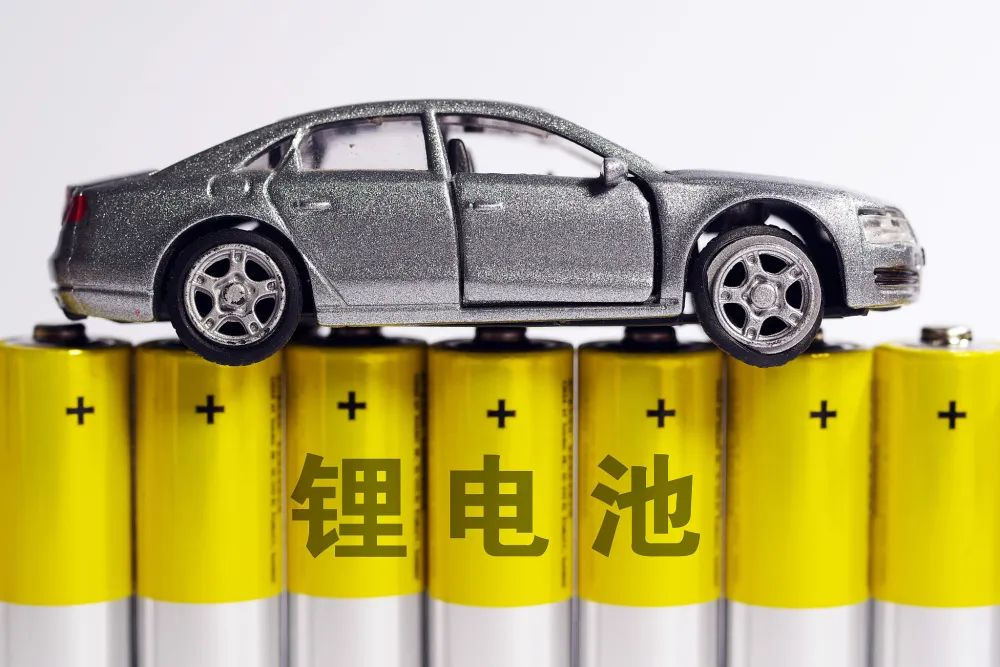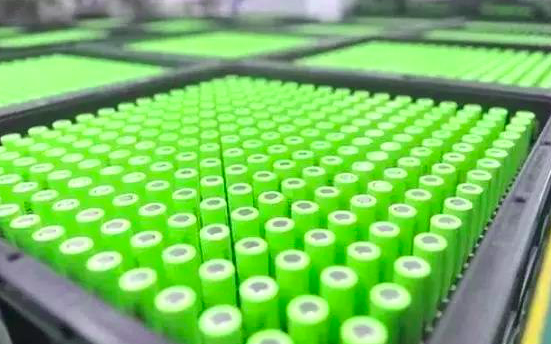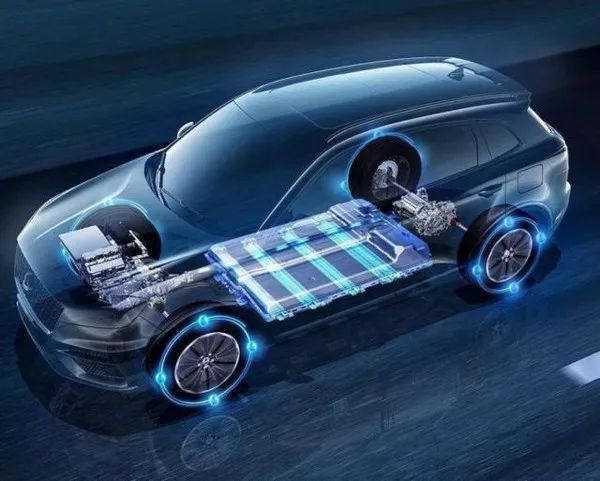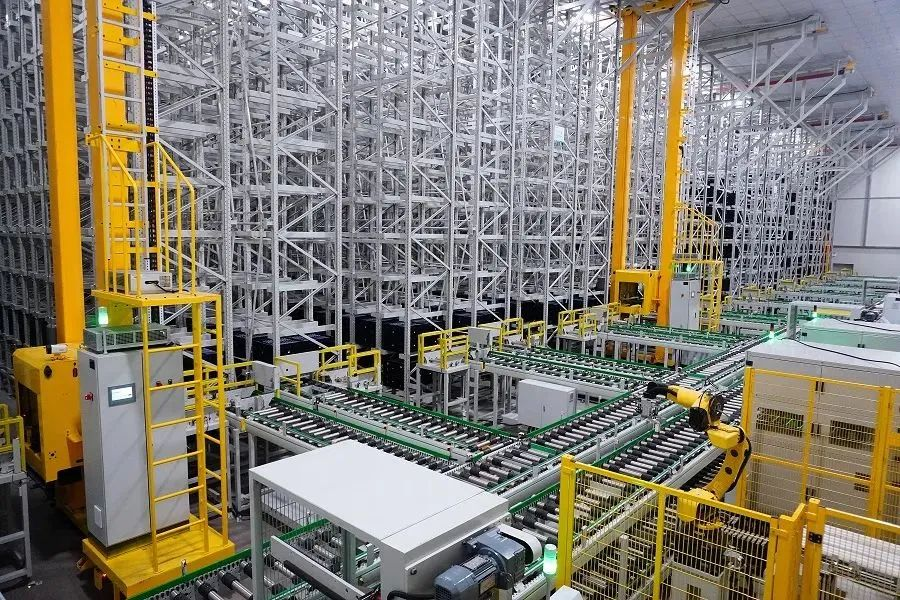E Insight | Logistics enterprise how to seize the opportunity of new energy industry?
Mar 02,2023
Summary
E Insight is a new column set up by Enotek Group after E Class and E Craftsman. With the vision of "Based on enterprise, looking forward to the industry", we hope to share with you the latest industry trends, development trends and policy interpretation.
E Insight is a new column set up by Enotek Group after E Class and E Craftsman. With the vision of "Based on enterprise, looking forward to the industry", we hope to share with you the latest industry trends, development trends and policy interpretation.
(* In the process of writing, we try to be as comprehensive and neutral as possible as the principle, but limited by the level of the edit, it is inevitable that there are limitations in the expression, hereby invite you to erratum for this column, and welcome everyone to give positive comments.)

The new energy industry is growing rapidly as the global demand for renewable and low-carbon energy continues to increase. Compared with traditional energy, the special nature and special needs of new energy products pose greater challenges to logistics. Therefore, the logistics of the new energy industry needs corresponding technical and management support. In order to meet the logistics needs of the new energy industry, many enterprises and logistics companies are increasing their investment in developing new logistics technologies and management methods. For example, through the intelligent logistics system, the transportation of new energy products can be monitored and managed in real time, thus ensuring the safe and efficient transportation of new energy products. In addition, by improving logistics efficiency and reducing costs, new energy companies can be helped to improve their competitiveness.


As the global demand for sustainable energy continues to increase, lithium batteries are experiencing explosive growth as an efficient and environmentally friendly way to store energy, and are widely used in electric vehicles, energy storage systems, solar energy storage systems and many other fields.
At the same time, the growing demand for energy, as well as the government and society's increasing emphasis on clean energy, lithium battery industry market value and prospects are full of hope. The global value of the lithium battery market has grown rapidly over the past few years and is expected to reach tens of billions of dollars by 2025, according to market research firms. The market for automotive and energy storage batteries has seen the most significant growth, as more automakers produce electric vehicles and demand for large energy storage systems increases.

In addition to the growth in market demand, technological advances have also had a positive impact on the development of the lithium battery industry. China is a major global hub for lithium battery production, and its lithium battery output has also seen significant growth in the past few years. According to some figures, the value of China's lithium battery industry is estimated to be around $10 billion in 2020, and that figure is expected to grow to around $20 billion by 2025. The details are as follows:
Production growth: The output of Chinese lithium battery enterprises continues to grow. In 2019, the total production of lithium battery in China accounted for 75% of the world, with CATL, BYD, Samsung SDI and other enterprises taking a larger market share.
Technological progress: Chinese lithium battery enterprises have also made a lot of progress in technological research and development and innovation. For example, CATL has developed all-solid-state battery technology, and BYD and other enterprises are also rapidly promoting technological upgrading.
Expansion at home and abroad: Chinese lithium battery companies are actively expanding their business both at home and abroad. For example, CATL has established production bases in Fujian, Guangdong, Jiangsu and other places, while CATL has established factories in Germany, Japan, the United States and other places to strengthen their global layout.
Policy support: The Chinese government has given strong support to the development of the new energy industry, which promotes the rapid development of the lithium battery industry. For example, the National Development and Reform Commission has issued the New Energy Vehicle Industry Development Plan (2021-2035), which proposes that the production and sales of new energy vehicles should account for 20% by 2025.
In general, Chinese lithium battery companies have experienced rapid development and expansion in the past few years, and have made a lot of progress in technological innovation and international layout.


The development of lithium battery production enterprises not only promotes the development of the whole new energy industry chain, but also drives the development of logistics enterprises, raw material suppliers, equipment manufacturers, packaging material suppliers and electric vehicle manufacturers and other supporting industries, forming a complete industrial ecosystem. Modern Logistics magazine pointed out in its article "Where is the Opportunity of" Logistics "in the rise of new energy industry: The new energy field is parallel with the traditional and emerging industries. However, the demand for intelligent manufacturing and intelligent logistics in various subdivided industries continues to exist. Therefore, for Chinese logistics and intelligent equipment enterprises, the bright future is foreseeable. We also hope that China's logistics industry can not only show greater value in new areas, but also achieve further self-growth, so that the whole ecosystem towards a healthier future.















